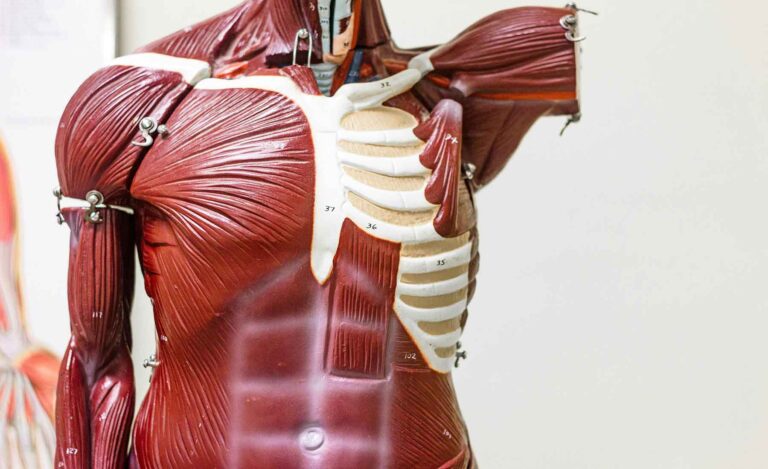
Navigating Hormonal Imbalance in Women: Unveiling Causes, Symptoms, and Solutions
Visit these apps to continuou your journey.
Let’s embark on a journey into the complex realm of women’s health, where hormones act as the silent architects of well-being. In this insightful exploration, we unravel the mysteries surrounding hormonal imbalance in women, examining its causes, understanding the subtle signs, and presenting practical solutions to empower women on their path to hormonal harmony.
Figuring Out How Hormone Imbalances in women Go Up and Down
Let’s embark on a journey into the complex realm of women’s health, where hormones act as the silent architects of well-being. In this insightful exploration, we unravel the mysteries surrounding hormonal imbalance in women, examining its causes, understanding the subtle signs, and presenting practical solutions to empower women on their path to hormonal harmony.
Causes of Hormonal Imbalance IN Women
- Lifestyle Choices: Your daily habits wield significant influence. Sedentary living, poor dietary choices, and elevated stress levels can disrupt hormonal harmony, acting as silent architects of imbalance
- Medical Conditions: Conditions such as PCOS or thyroid disorders cast shadows on hormonal equilibrium, adding complexity to the narrative of hormonal disharmony.
hormonal imbalance Impact On Women
Women face unique challenges, particularly during pivotal life stages like menopause, where hormonal shifts become more pronounced.
Signs And Symptoms: The Body's Whisper
Hormonal imbalances communicate subtly, leaving clues through physical and emotional cues. This section decodes these whispers, translating signs like fatigue and weight changes, and emotional echoes such as mood swings and anxiety.
Physical Symptoms:
- Fatigue: A signal of imbalance.
- Weight changes: A potential red flag worthy of attention.
- Skin issues: Manifestations of hormonal disharmony.
Emotional and Mental Indicators:
- Mood swings: Rollercoaster emotions linked to hormonal fluctuations.
- Anxiety: Mental well-being influenced by hormonal balance.
Balancing Act: Unraveling the Factors Behind Hormonal Imbalance in women
Peeling back the layers reveals lifestyle choices and hidden medical conditions shaping the narrative of hormonal disharmony.
Lifestyle Factors:
- Dietary Habits: Processed foods and poor nutrition disrupt hormonal balance.
- Stress: A silent yet powerful contributor to hormonal imbalances.
Medical Conditions:
- PCOS: A common hormonal disorder in women affecting reproductive hormones.
- Thyroid Disorders: Conditions affecting the thyroid can impact metabolism and hormones.
Navigating the Diagnostic Landscape: Seeking Clarity
In the quest for understanding, seeking professional guidance is crucial. We delve into the methods professionals use to shed light on hormonal imbalances.
Professional Guidance:
- Importance of consulting healthcare professionals for accurate diagnosis.
- Overview of hormone testing methods, including blood tests, to understand your unique hormonal profile.
Shadows of Stress and Dietary Demons: The Culprits Revealed
Stress emerges as a significant protagonist in hormonal imbalances, weaving shadows over our well-being. Simultaneously, dietary habits loaded with processed temptations cast a spell, disrupting the harmonious dance of hormones.
Stress and Hormones:
- The impact of chronic stress on cortisol levels and overall hormonal balance.
- Stress management techniques as essential tools for hormonal health.
Dietary Influence:
- The role of processed foods in hormonal disruption.
- The importance of a balanced and nutrient-rich diet in maintaining hormonal harmony.
Harmonizing Naturally: A Lifestyle Symphony
Amidst the chaos, there’s a natural symphony playing. Lifestyle adjustments, like dietary shifts and stress management, take center stage, offering a melodious path to restore equilibrium.
Dietary Changes:
- Incorporating Omega-3 Fatty Acids: Found in fatty fish, flaxseeds, and walnuts for hormonal support.
- Balancing Macronutrients: Ensuring a well-rounded intake of proteins, fats, and carbohydrates.
Stress Management:
- Mindfulness and Meditation: Techniques to alleviate stress and support hormonal balance.
- Adequate Sleep: A simple yet powerful contributor to hormonal health.
Theatrics of Intervention: Medical Approaches Unveiled
In the grand theater of hormonal health, medical interventions step into the limelight. Medications and Hormone Replacement Therapy (HRT) take center stage, offering tailored performances for individual needs.
Medications:
- Overview of medications prescribed for hormonal imbalances.
- The importance of adherence to prescribed treatments for effective results.(HRT)
The Personal Touch of HRT
Contrary to a robotic approach, HRT takes into account the unique hormonal landscape of each individual. This personalized touch ensures that the therapy aligns with the specific imbalances identified, fostering a more natural and effective restoration process.
Fortifying Against Imbalance: A Preventive Overture
Prevention becomes the overture, setting the stage for a holistic approach to hormonal health. Lifestyle adjustments, rhythmic exercises, and periodic health check-ups create a fortress against hormonal disharmony.
Lifestyle Adjustments:
- Regular Exercise: Incorporating physical activity into daily routines.
- Healthy Diet: Emphasizing whole, nutrient-dense foods for overall well-being.
Periodic Health Check-ups:
- The importance of routine check-ups for early detection and intervention.
- Collaborative efforts with healthcare professionals for personalized preventive care.
Fortifying Against Imbalance: A Preventive Overture
For women, the hormonal tale unfolds with unique challenges, especially during the climactic chapters of menopause. Let’s unravel these narratives, understanding the importance of tailored approaches for women’s holistic well-being.
change of life:
- Challenges faced during menopause, including hot flashes and mood swings.
- The importance of personalized approaches to manage menopausal symptoms.
Reproductive Health:
- Impact of hormonal imbalances on reproductive health and fertility.
- Addressing concerns related to hormonal fluctuations in women.
FAQs
Hormonal imbalances can affect women of various ages, although the specific causes and symptoms may differ.
The timeframe for improvement varies among individuals but adopting a healthy lifestyle can show positive effects over time.
Yes, certain lifestyle changes and dietary adjustments can serve as natural remedies for hormonal imbalances.
Yes, hormonal imbalances can impact fertility, emphasizing the importance of timely intervention and professional guidance.
Processed foods, excessive sugars, and unhealthy fats should be limited as they can contribute to hormonal disruptions.










